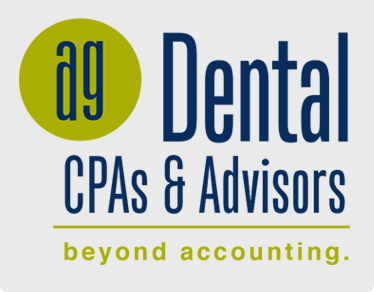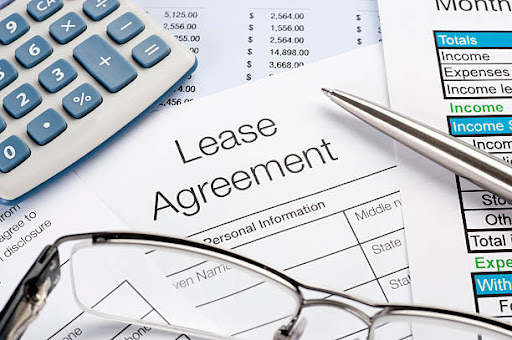Embarking on the journey of selling your dental practice can feel overwhelming and raise numerous questions. How can you ensure that the practice you’ve nurtured and the team you value will be well taken care of? When is the ideal time to make this important decision, or has that window already passed? The good news is that you don’t have to face these crucial decisions alone. Our experienced team is here to provide expert guidance and support, having helped many dentists like you navigate successful practice transitions. To help you navigate this process, here are a few essential factors to consider:
- Determine Your “Why”: Start by understanding the underlying reasons for selling your practice. Is it due to financial underperformance, increasing workload, or a shift in personal goals? Identifying your motivations is crucial as it may unveil opportunities for improvement or alter your initial plans before proceeding.
- Timing is Crucial: Once you’ve solidified your decision to sell and clarified your “why,” timing becomes paramount. Do you have a specific sell-by date or prefer a more gradual transition? Consider how each step aligns with your desired timeline, as it can significantly impact the outcome of the sale. Rushing the process under pressure may yield less favorable results, while strategic timing allows for a more rewarding outcome.
- Leverage Outside Expertise: Handling the complexities of selling a dental practice can be a full-time job, adding significant strain to your already busy schedule. Engaging partners or seeking external help can streamline the process and ensure smoother navigation. Consider working with a reputable broker to facilitate the closing process or collaborate with a marketing agency to attract the right buyer for your practice. These resources can save you time, alleviate stress, and ultimately enhance the overall outcome.
Selling a dental practice involves careful consideration of multiple factors. Take the time to assess all areas that may impact your situation, minimizing variables and maximizing your chances of a successful sale. We understand the importance of this decision and offer our expert assistance to guide you through the process. Contact our team today to discover how we can help you achieve a seamless and rewarding transition for your dental practice.



